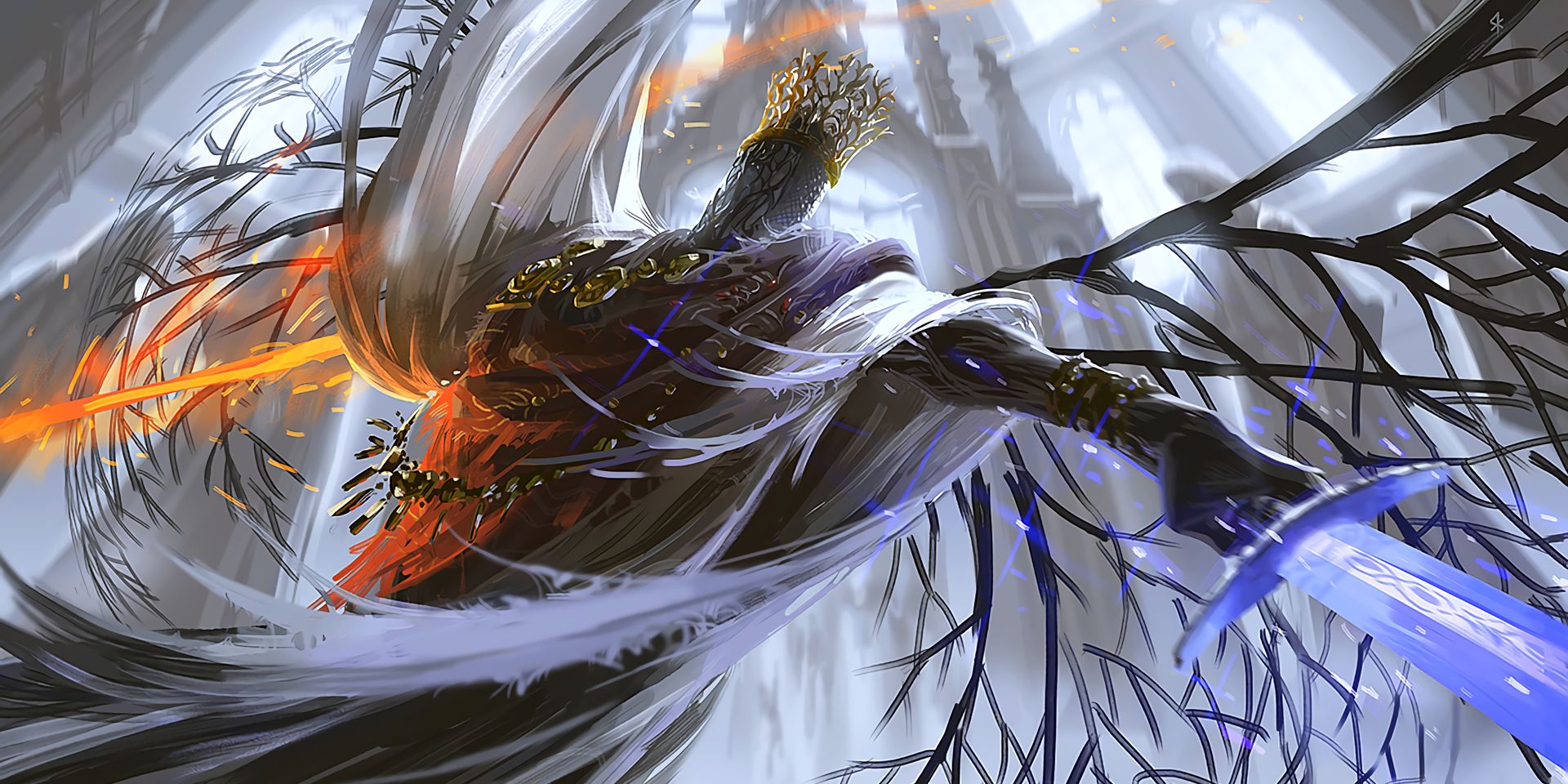

DEFEAT MORE ENEMIES THAN MASONARI HOW TO
He is overcome with difficulty, who knows how to recognize his forces and those of the enemy.It is better in organizing an engagement to reserve great aid behind the front line, than to spread out your soldiers to make a greater front.If some on the side of the enemy desert to come to your service, if they be loyal, they will always make you a great acquisition for the forces of the adversary diminish more with the loss of those who flee, than with those who are killed, even though the name of the fugitives is suspect to the new friends, and odious to the old.Discipline in war counts more than fury.Nature creates few men brave, industry and training makes many.To know how to recognize an opportunity in war, and take it, benefits you more than anything else.No proceeding is better than that which you have concealed from the enemy until the time you have executed it.It is better to defeat the enemy by hunger than with steel in such victory fortune counts more than virtu.Never lead your soldiers into an engagement unless you are assured of their courage, know they are without fear, and are organized, and never make an attempt unless you see they hope for victory.Whoever is more vigilant in observing the designs of the enemy in war, and endures much hardship in training his army, will incur fewer dangers, and can have greater hope for victory.


What benefits the enemy, harms you and what benefits you, harm the enemy.At the end of the dialogue, in Book Seven, Machiavelli’s Fabrizio offers 27 “general rules” of war, which are listed here: In Art of War, the dialogue explains and predicts changes in European warfare and military affairs as a consequence of larger social, economic, and technological evolutions. Fabrizio was a real person, but his character in this book has been interpreted as a stand-in for Machiavelli himself. Machiavelli’s Art of War takes the form of Socratic dialogue between the warrior Lord Fabrizio Colonna and Florentine nobles. (As an aside, the more famous Art of War is Sun Tzu’s but that text was not actually called Art of War and may not have been written by Sun Tzu – another matter for another time.) But for a long time after his death, Machiavelli’s Art of War was better known and more influential (alongside his Discourses on Livy, both of which were written after The Prince but published before). Niccolo Machiavelli is best known for The Prince, his guidebook on ruling an Italian city-state.


 0 kommentar(er)
0 kommentar(er)
